AL ASAD AIR BASE, Iraq (Army News Service, June 18, 2010) -- An Iraqi Army unit planned and hosted its first medical clinic for civilians with minimal aid from U.S. forces June 12-13 in a poor village in western Al Anbar province.
More than 500 residents of Hasa, a small agrarian community on the Euphrates River located north of Al Asad Air Base, were seen by Iraqi army and police health care providers during the two-day medical engagement hosted by 2nd Battalion, 28th Brigade, 7th Iraqi Army Division.
Earlier this spring, 2-28 partnered with mentors from 1st Advise and Assist Brigade, 82nd Airborne Division, for a combined medical engagement in nearby Rihana, but 95 percent of this operation was Iraqi planned, led and executed, said to Maj. Alaa Talib al-Ubaidi, operations officer for the Iraqi battalion.
Iraqi nurses treated 242 people the first day and 250 the second day. Additionally, 1,500 parcels of food were handed out to poor families, said Alaa. Troops from his battalion secured the town for the event with inner and outer cordons.
"Providing the health care helps us to build good relationships with the locals," he said.
Lt. Col. Xavier Brunson, commander of 1st Battalion, 504th Parachute Infantry Regiment, an infantry battalion of 1/82 AAB that is partnered with the Iraqi battalion, said that the operation was part of a two-prong strategy for the Iraqi Army that included protecting the government during the March national elections and protecting the people through operations such as medical engagements.
"When things went bad in New Orleans and the U.S. government needed to help, they called in the Army," said Brunson. "When the tragedy happened in Haiti, we were able to call on the [Army\'s Global Response Force]. Our military does those things, Active, Guard and Reserve, and that's one of the special things about our Army."
Brunson said the Iraqi-led Hasa clinic gave locals another reason to consider their army a trusted institution, as Americans trust theirs.
"Sometimes our best weapon as an army is our hands and a willingness to work and to help folks," he said. "And if we can get the Iraqi people to see that their army can do more than external defense or internal defense, then we show them a different side, that their military has a willingness to see their lives be bettered."
While U.S. forces provided additional security for the project, the Hasa medical engagement was largely an Iraqi army event, Brunson said.
Capt. Abbas, a paramedic and the chief of medicine for the Anah police station, said the building used for the clinic allowed for separate male and female examination rooms, with children generally seen with their mothers. Another room served as a pharmacy, he said.
"Although this town belongs to Anah, they get very little attention," said Abbas. "The people of Hasa are very poor, mostly farmers and shepherds, so this occasion is very helpful to them."
Abbas said the town receives only 2-3 hours of power each day, making it difficult for residents to keep food safe to eat. Many of the illnesses he and the other nurses treated were the result of ingesting spoiled food, he said.
Health care providers from 1/82 AAB played a greater role in the Rihana medical engagement and taught the Iraqis much about how to plan and execute temporary clinics, said Abbas, who was inspired to medicine by his father, a surgeon for more than 30 years.
"I was surprised here at Hasa they did not play a bigger part," he said. "But for the IA's first independent clinic, it was a very good start."
Abbas said the nurses were disappointed that no doctors from the Rawah hospital and Anah hospital participated in the clinic, a disappointment shared by Alaa.
"We tried to get civilian doctors here, but we failed. On the other hand, the army medical staff here achieved the goal and took care of the civilians in the end," said Alaa.
Though there were some minor improvements he would make, overall, Alaa was very pleased with the results, he said.
One improvement would be a greater selection of medications for the pharmacy, said Sgt. Hassan Jighlur, deputy assistant of the regimental pharmacy for 2-28, with over seven years experience.
"We should include medications for nausea, stomach ulcers and ointments," he said. "We only had one kind of antibiotics and we ran out of that early."
If the Iraqis are to be independent, medication should be provided by the Rawah and Anah hospitals, not just the U.S. Army, he said.
Many of the locals inquired whether the U.S. Army had participated in the event, a question precipitated by the lack of U.S. forces on the scene, said 1st Lt. Mohammad Karim, who helped manage the event.
"They were very surprised that the IA had the resources," said Mohammad. "It makes me and my fellow soldiers happy and proud to provide tangible services to my fellow citizens, especially these ones in need far from the main cities."
Hasa has a medical clinic operated by Mohammad Hassam, a male nurse with 12 years of experience. However, patients with emergencies after hours must be transported to Anah, a 30-45 minute drive that requires a police escort, according to a local woman who preferred not to share her name.
Though health care is cheap at these rural Anbari health clinics -- patients pay about a dollar for most medications -- the lack of laboratories, x-ray machines, electrocardiograms and other more sophisticated trappings of healthcare make traveling to the hospitals of larger cities a common issue, she said.
Alaa said that, in the future, the Iraqi Army would like to focus on building more military hospitals and adding more army doctors.
In the meantime, if they receive the necessary support from the Ministry of Defense, thanks to 1/82 AAB, Alaa said, his battalion is more than capable of conducting its own successful, secure clinics in western Anbar.
(Michael J. MacLeod writes for 1/82 AAB, USD-C)
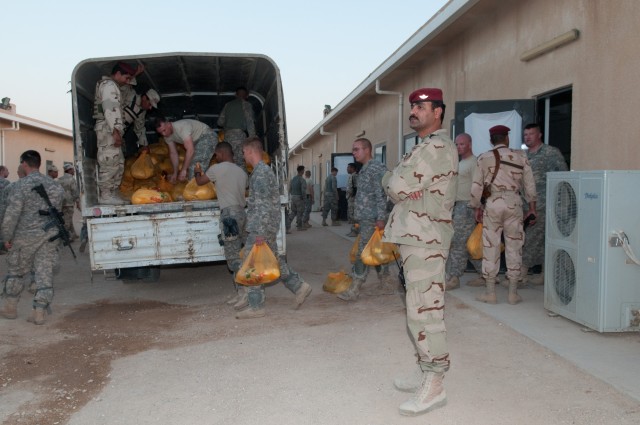
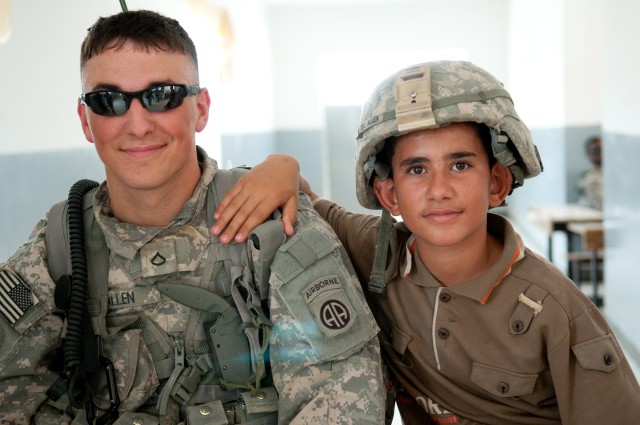
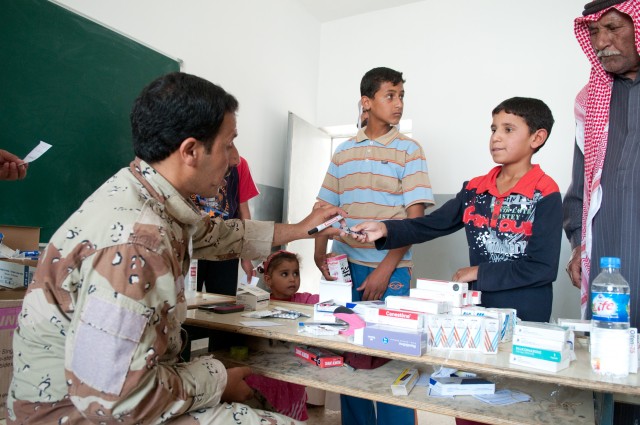
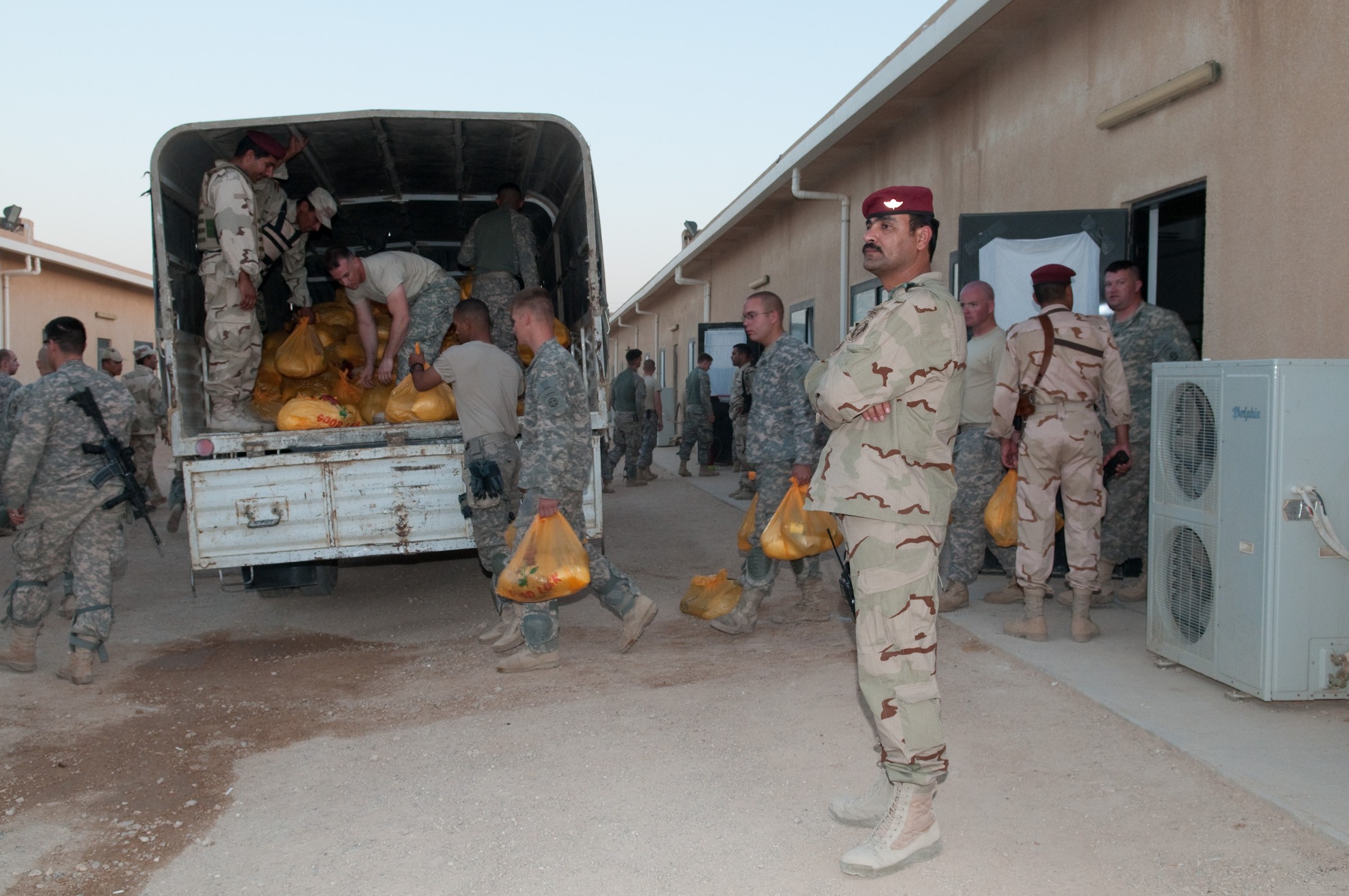
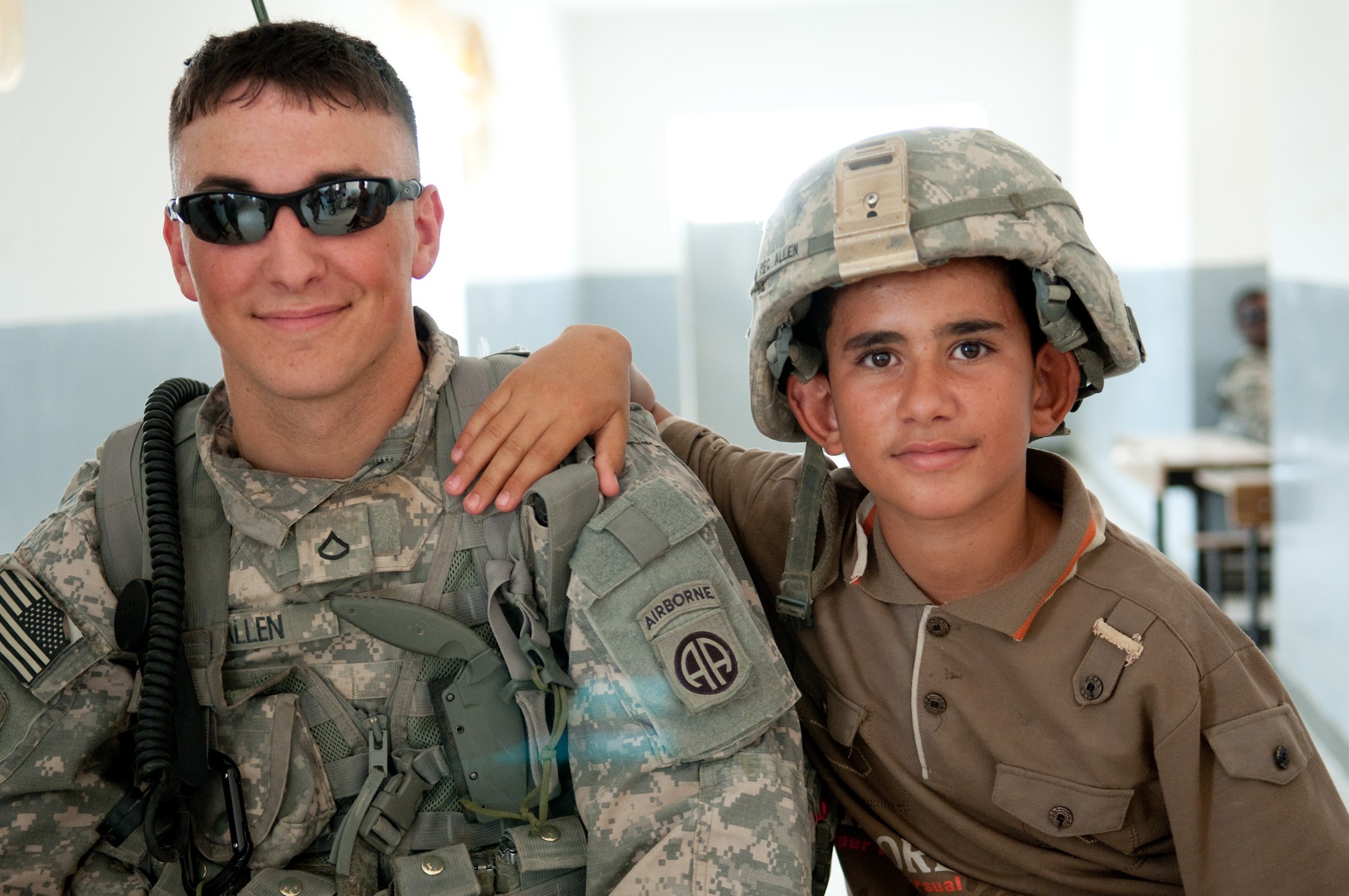
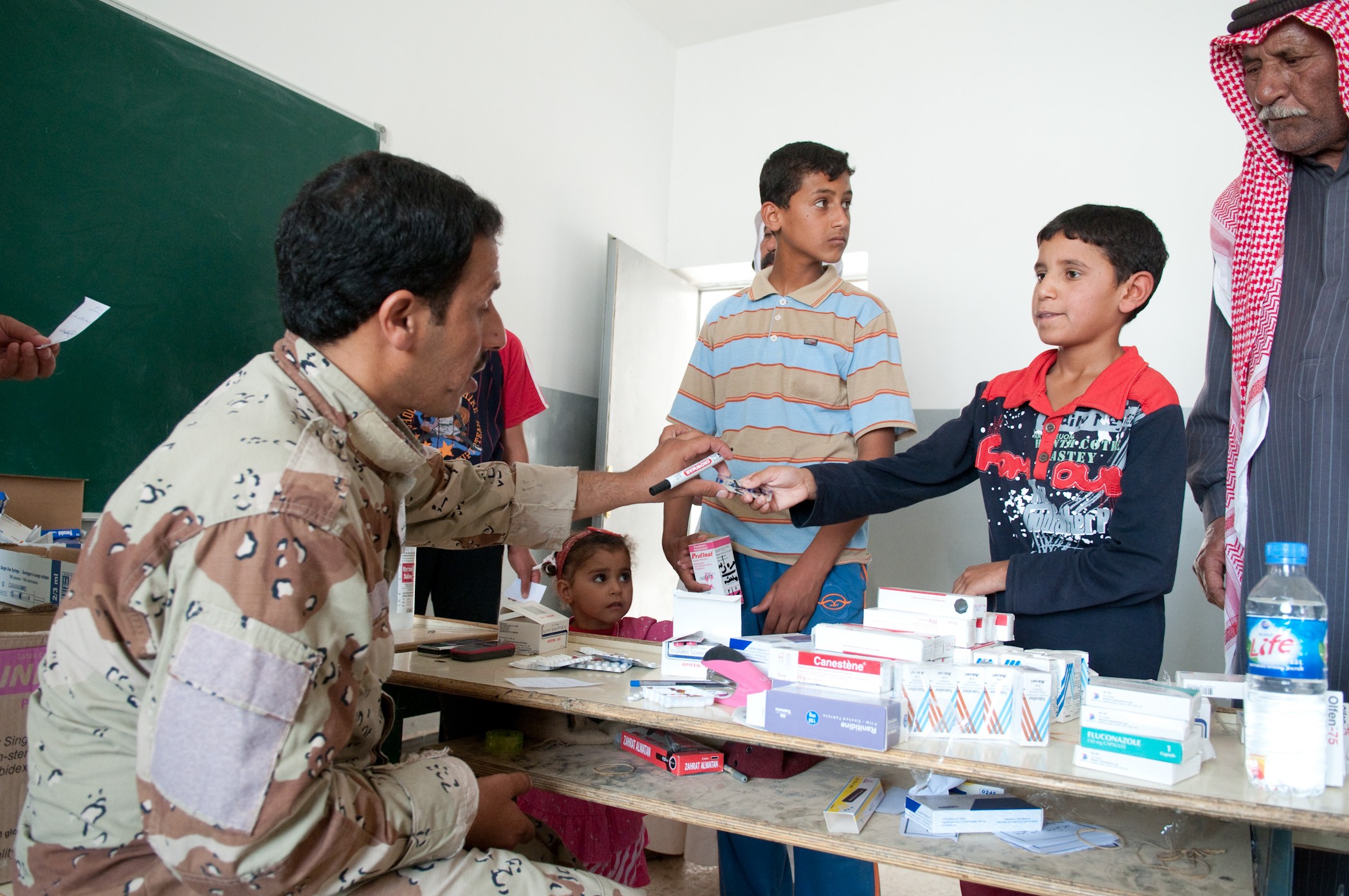
Social Sharing